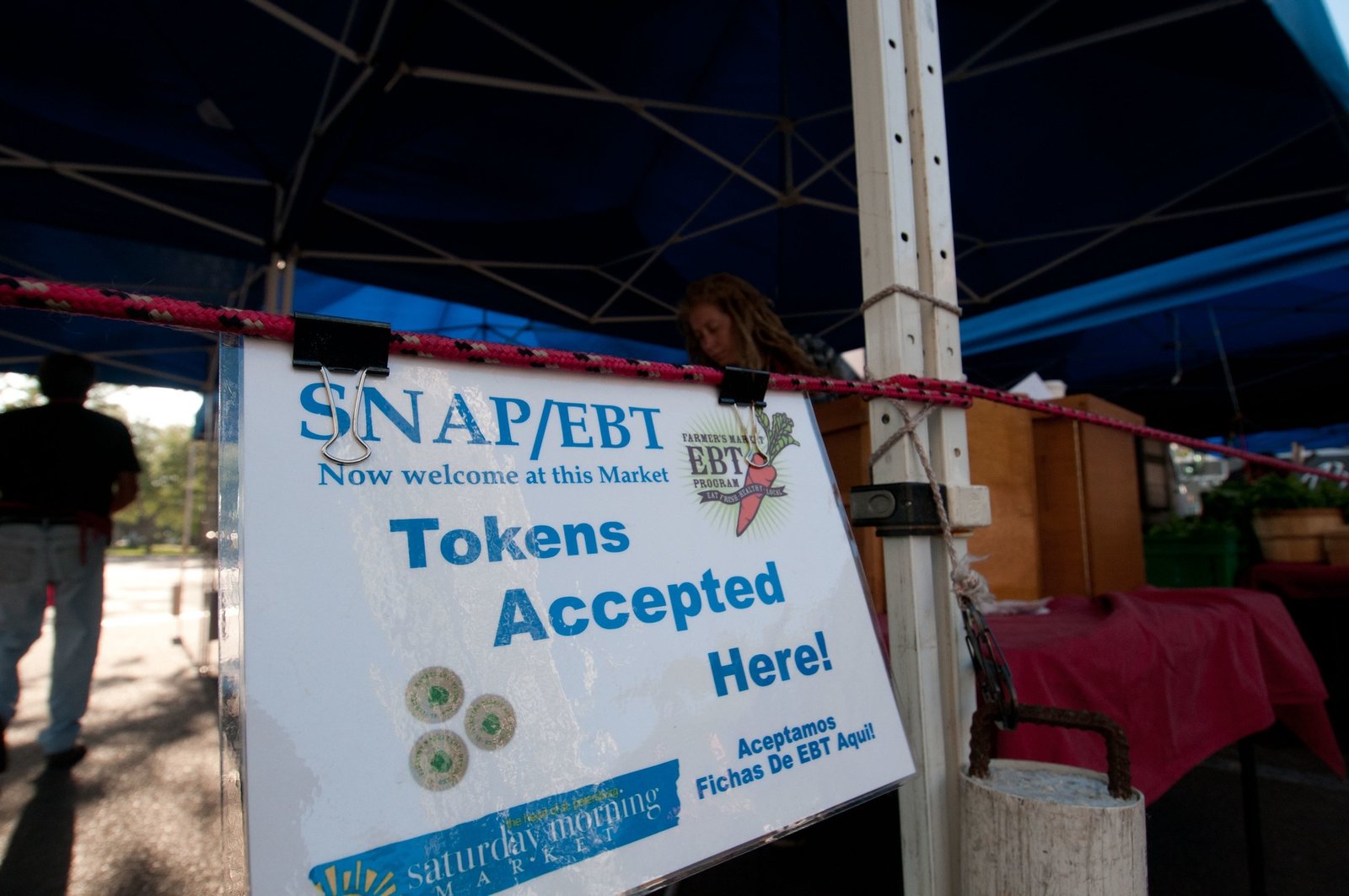amy klobuchar
GOP Budget Proposal Aims to Fund Tax Cuts by Slashing SNAP Benefits for 3.2 Million Americans

A new tax and spending bill endorsed by U.S. House Republicans could lead to 3.2 million individuals losing food assistance benefits while imposing an annual cost of approximately $14 billion on states, according to a report from the nonpartisan Congressional Budget Office (CBO).
The contentious legislation passed the House with a narrow 215-214 vote early Thursday, with no Democratic support. Critics argue it prioritizes tax breaks for affluent earners at the expense of vulnerable populations.
The CBO’s findings, requested by Democratic leaders on the Senate and House Agriculture committees, underscore concerns about the bill’s implications for food aid. Senators Amy Klobuchar and Representative Angie Craig, both from Minnesota, were key figures in highlighting these issues.
“This report is truly devastating,” stated Craig. “As a mother who relied on food assistance, these statistics are heart-wrenching. It is infuriating that some lawmakers would jeopardize our children’s nutrition for tax cuts benefiting the wealthy.”
One pivotal aspect of the bill includes stricter work requirements for the Supplemental Nutrition Assistance Program (SNAP). The CBO estimated that this could strip 3.2 million people of their benefits monthly, primarily affecting single parents and adults living with older children.
Ben Nichols, spokesperson for the House Agriculture Committee, contended that these changes are essential for fairness and efficiency. He emphasized that no able-bodied individuals engaged in work or training for at least 20 hours weekly would lose assistance.
In addition, the proposed cost-sharing changes would require states to cover a portion of SNAP benefits for the first time, ranging from 5% to 25% depending on payment error rates. This shift could add nearly $100 billion to state budgets over the next six years.
The potential financial burden may prompt some states to reevaluate their participation in the program. CBO Director Phillip Swagel indicated that the states’ responses could vary widely, with some choosing to maintain current benefits while others might opt to reduce assistance.
The House-approved bill will now move to the Senate, where similar partisan divisions are expected. Republicans in control are preparing to leverage the budget reconciliation process, bypassing the typical 60-vote requirement.
During the legislative discussions, GOP members argued that the revisions are crucial to reform SNAP, emphasizing a focus on aiding those truly in need while mitigating the program’s costs. Senate Agriculture Committee Chair John Boozman signaled that reform efforts are underway, though specifics remain unclear.
Klobuchar expressed strong opposition to the House bill, criticizing it for undermining families’ access to essential food assistance, particularly amid rising food prices due to policy changes. “We will fight against this in the Senate,” she asserted.
Last updated 2:23 p.m., May. 23, 2025

















